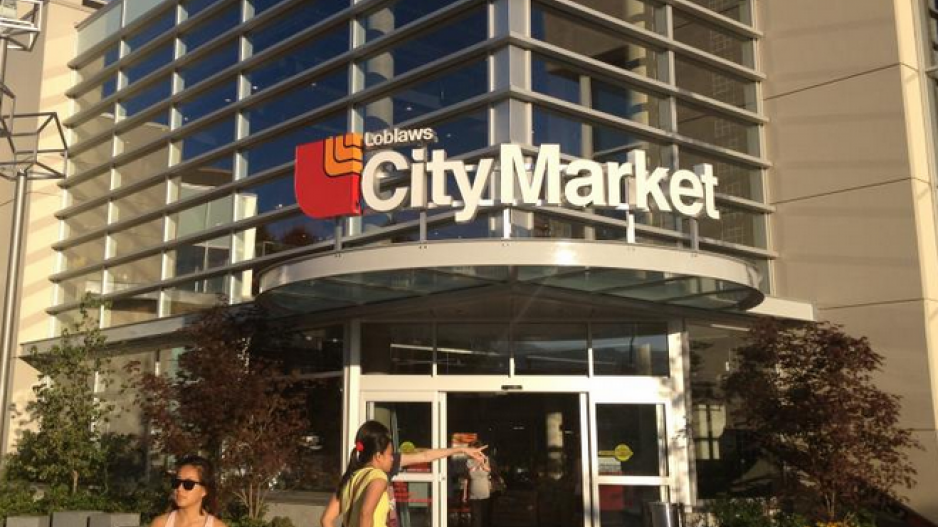The B.C. government has given Loblaw Companies Ltd. approval in principle to put B.C. wine on the shelves of six of its stores, the government announced November 3.
Final approval will not be granted until Loblaw stickhandles zoning requirements and passes final inspections.
The Toronto-based grocery chain outbid the Overwaitea Food Group (OFG) for the six licences that it plans to use in six of its stores.
It was unclear at press time exactly where Loblaw plans to use the licences.
The licences went up for auction between April 19 and May 5 and the government expects that proceeds from selling the six licences will total $6,914,000.
That was a steep price tag, OFG president Darrell Jones told Business in Vancouver following the auctions.
“They were very expensive,” he said of the licences, which required a minimum bid of $125,000 each, plus a $25,000 refundable deposit.
“At some point it gets beyond being a good business decision for us, although that’s not to say that it wouldn’t be good for somebody else.”
The B.C. government’s BC Auction division plans to auction the right to apply to use a further six licences to sell B.C. wine on grocery store shelves on December 6, 8, 13, 15, 20 and 21.
The minimum bid will once again be $125,000 with a $25,000 returnable deposit in advance.
Another auction involving a further six licences will be conducted on future dates, the government confirmed.
To participate in the BC Auction auctions, bidders must be pre-screened grocery store owners who have, or will have, a minimum 10,000-square-foot store that primarily sells food.
The store may be located anywhere in the province – even if there is a liquor store next door.
The issue of wine on grocery store shelves has been controversial with municipal governments, domestic winemakers, consultants and international trading partners.
The City of Vancouver voted last year to conduct a comprehensive review of wine in grocery stores before it approves any stores to conduct those sales.
Church and State Wines owner Kim Pullen, who is part of a coalition called the B.C. Alliance for Smart Liquor Retail Choices, told BIV that he fears that allowing wine sales in grocery stores will be bad for small and medium-sized B.C. wineries because the grocers will want to carry larger-volume, more affordable wines for reliable sales.
There’s also the April 29 letter to Premier Christy Clark signed by representatives to Canada from the European Union and six countries: the U.S., Argentina, Australia, Chile, Mexico and New Zealand.
“B.C. implemented new wine-sale regulations that only allow sales of B.C. wine on grocery store shelves,” the signatories say in the letter.
“In that the regulations appear on their face to accord less favourable treatment to imported wine than they do to B.C. wine, we question whether they are consistent with Canada’s commitments as a member of the World Trade Organization – specifically the national treatment obligations.” •




